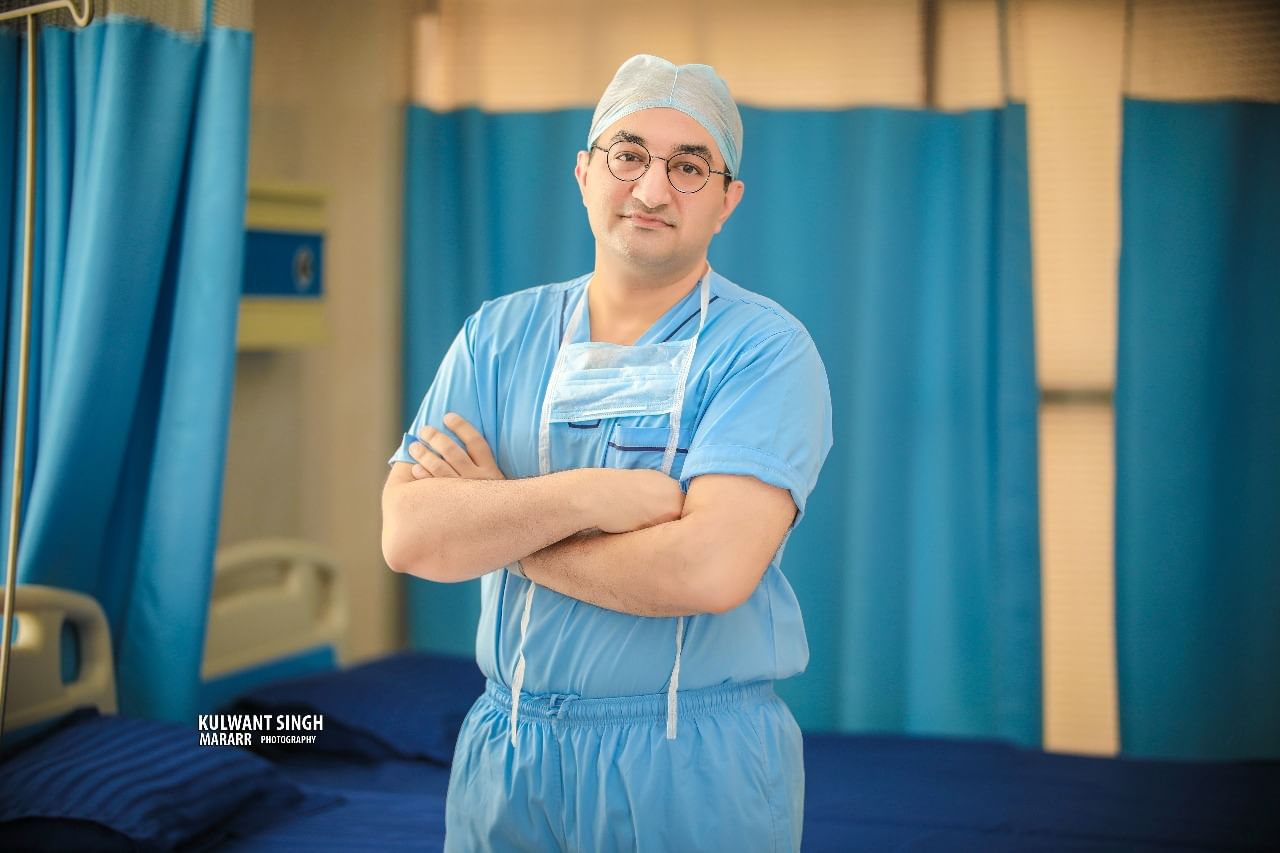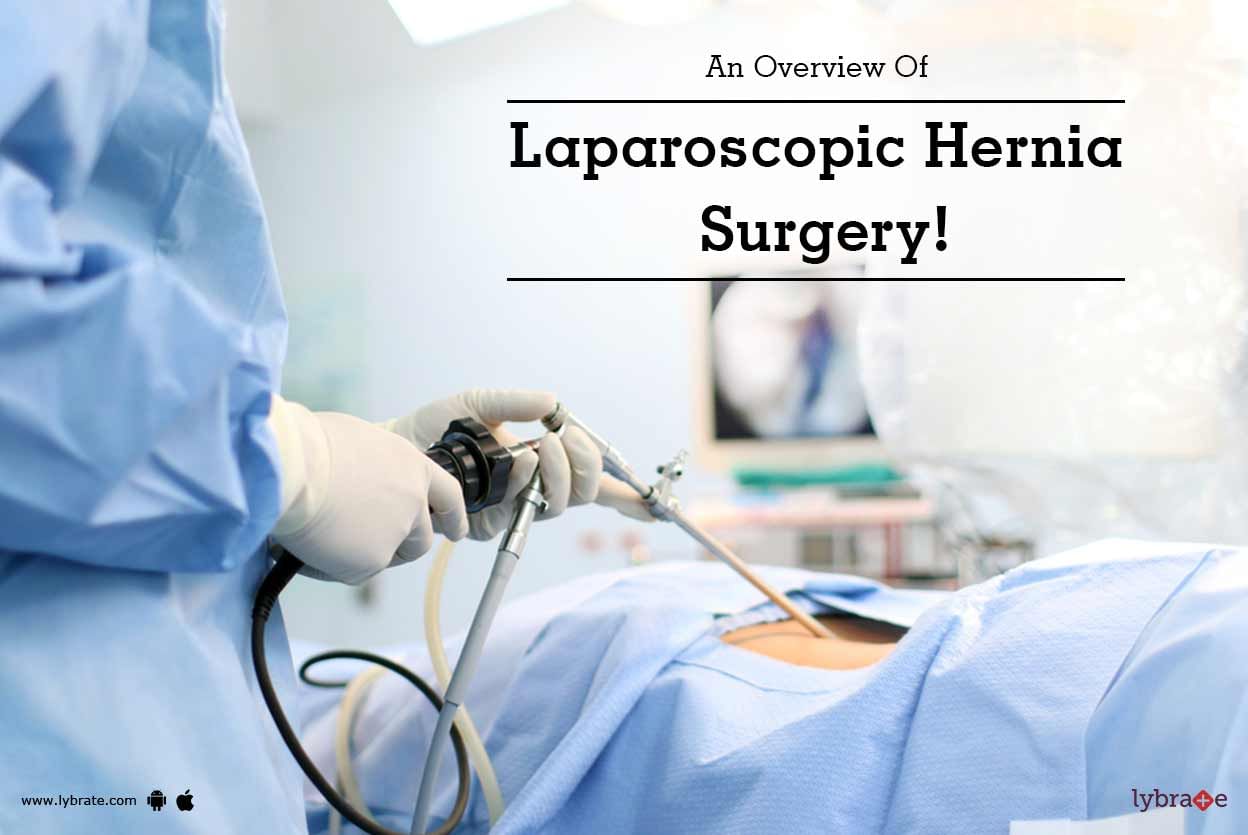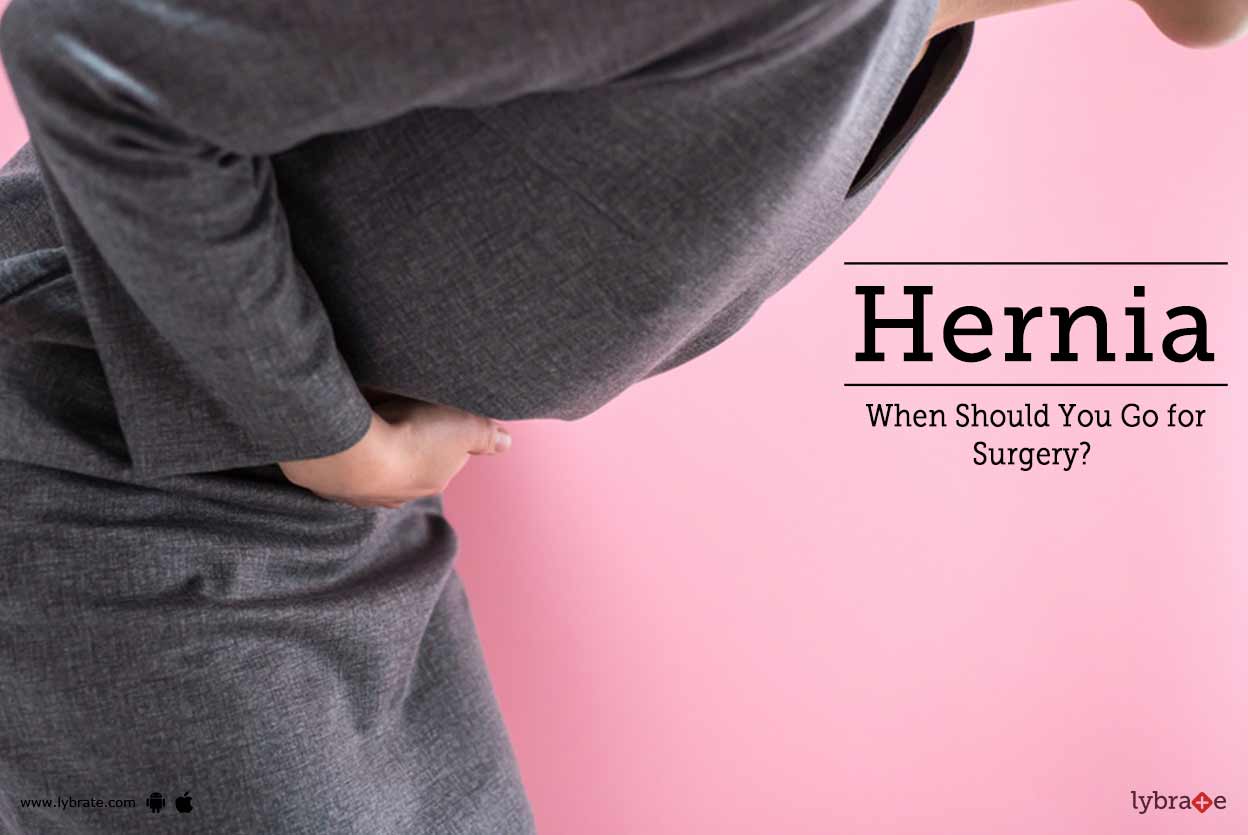Get the App
For Doctors
Login/Sign-up
About
Health Feed
Find Doctors
Health Packages
AllQ&AsTipsQuizzes
Symptoms Of Hernia Tips
Last Updated: 7 years ago• Featured Tip
Share
Bookmark
Report
A hernia occurs because of an internal weakening of the abdominal layer, resulting in tearing. The inner most layer of the abdomen forms a sac and pushes the weakening area. This results in the abdomen tissue being slipped into the sac, causing pain and other health problems. It can occur to both men and women. Apart from natural weakness of the abdomen, a hernia can get triggered from heavy weight lifting, constant coughing, gaining weight and from irregular bowel movement. 80percent of hernia ...more
Last Updated: 6 years ago• Featured Tip
Share
Bookmark
Report
A hernia occurs because of an internal weakening of the abdominal layer, resulting in tearing. The innermost layer of the abdomen forms a sac and pushes the weakening area. This results in the abdomen tissue being slipped into the sac, causing pain and other health problems. It can occur to both men and women. Apart from natural weakness of the abdomen, a hernia can get triggered from heavy weight lifting, constant coughing, gaining weight and from an irregular bowel movement. 80percent of herni...more
Last Updated: 8 years ago• Featured Tip
Share
Bookmark
Report
A hernia occurs because of an internal weakening of the abdominal layer, resulting in tearing. The inner most layer of the abdomen forms a sac and pushes the weakening area. This results in the abdomen tissue being slipped into the sac, causing pain and other health problems. It can occur to both men and women. Apart from natural weakness of the abdomen, a hernia can get triggered from heavy weight lifting, constant coughing, gaining weight and from irregular bowel movement. 80percent of hernia ...more
Last Updated: 6 years ago• Featured Tip
Share
Bookmark
Report
Umbilical Hernia is a common condition in infants in which the intestine protrudes or pokes out through the abdominal muscles in the navel area, where generally the Umbilical cord is located. Umbilical Hernia is generally harmless if not sore and is evident when the bellybutton protrudes. During childhood, Umbilical Hernia closes on its own, but sometimes when it does not, it might require a surgical correction during adulthood. This condition is commonly seen in premature babies and can be diag...more
Last Updated: 6 years ago• Featured Tip
Share
Bookmark
Report
What do we mean by a hiatal hernia?
The hiatus is an opening in the diaphragm (the muscular wall) which separates the chest cavity from the abdomen. Normally, the esophagus (food pipe) goes through the hiatus and attaches to the stomach. In a hiatal hernia, the stomach bulges up into the chest through that opening.
What does statistical data say about a hiatal hernia?
Statistically, approximately 60% of individuals who are above age 50 or older have a hiatal hernia.more
The hiatus is an opening in the diaphragm (the muscular wall) which separates the chest cavity from the abdomen. Normally, the esophagus (food pipe) goes through the hiatus and attaches to the stomach. In a hiatal hernia, the stomach bulges up into the chest through that opening.
What does statistical data say about a hiatal hernia?
Statistically, approximately 60% of individuals who are above age 50 or older have a hiatal hernia.
Last Updated: 8 years ago• Featured Tip
Share
Bookmark
Report
A hernia occurs when an organ or fatty tissue pushes through a weak opening in the muscle that holds it in place. Hernias are common in the abdomen, but can also develop in the upper thigh, belly button and the genitals. The common types of hernia are the ones that occur in the groin viz (inguinal, femoral, obturator) around the belly button (umbilical), incisional (after a previous surgery) and hiatal (causes acid reflux) and are caused by muscle weakness. This weakness or increase in pressure ...more
Last Updated: 8 years ago• Featured Tip
Share
Bookmark
Report
MBBS, MS - General Surgery, M.Mas, Diplo...read more
Surgical Gastroenterologist•Chennai
A hernia occurs when an organ or fatty tissue pushes through a weak opening in the muscle that holds it in place. Hernias are common in the abdomen, but can also develop in the upper thigh, belly button and the genitals. The common types of hernia are the ones that occur in the groin viz (inguinal, femoral, obturator) around the belly button (umbilical), incisional (after a previous surgery) and hiatal (causes acid reflux) and are caused by muscle weakness. This weakness or increase in pressure ...more
Last Updated: 8 years ago• Featured Tip
Share
Bookmark
Report
A Hernia occurs when an organ or fatty tissue pushes through a weak opening in the muscle that holds it in place. Hernias are common in the abdomen, but can also develop in the upper thigh, belly button and the genitals.
The common types of hernia are the ones that occur in the groin viz (inguinal, femoral, obturator) around the belly button (umbilical), incisional (after a previous surgery) and hiatal (causes acid reflux) and are caused by muscle weakness. This weakness or increase in...more
The common types of hernia are the ones that occur in the groin viz (inguinal, femoral, obturator) around the belly button (umbilical), incisional (after a previous surgery) and hiatal (causes acid reflux) and are caused by muscle weakness. This weakness or increase in...more
Last Updated: 7 years ago• Featured Tip
Share
Bookmark
Report
MBBS, MS - General Surgery, DNB, FNB - M...read more
Laparoscopic Surgeon•Mumbai
A hernia is a defect in the abdominal wall due to a weakness of its muscle layers.The inner most layer of the abdominal wall, called peritoneum, forms a sac and pushes through the weakened area. This results in the internal organs such as omentum (fat) or intestines, slipping into the sac, causing a swelling, pain and other problems. Hernias can occur in both men and women. Apart from natural areas of weakness of the abdomen, such as the umbilicus (navel/belly-button), a hernia may get triggered...more
Last Updated: 9 years ago• Featured Tip
Share
Bookmark
Report
A hernia occurs when an organ or fatty tissue pushes through a weak opening in the muscle that holds it in place. Hernias are common in the abdomen, but can also develop in the upper thigh, belly button and the genitals. The common types of hernia are the ones that occur in the groin viz (inguinal, femoral, obturator) around the belly button (umbilical), incisional (after a previous surgery) and hiatal (causes acid reflux) and are caused by muscle weakness. This weakness or increase in pressure ...more
Ask a free question
Get FREE multiple opinions from Doctors
posted anonymously




















